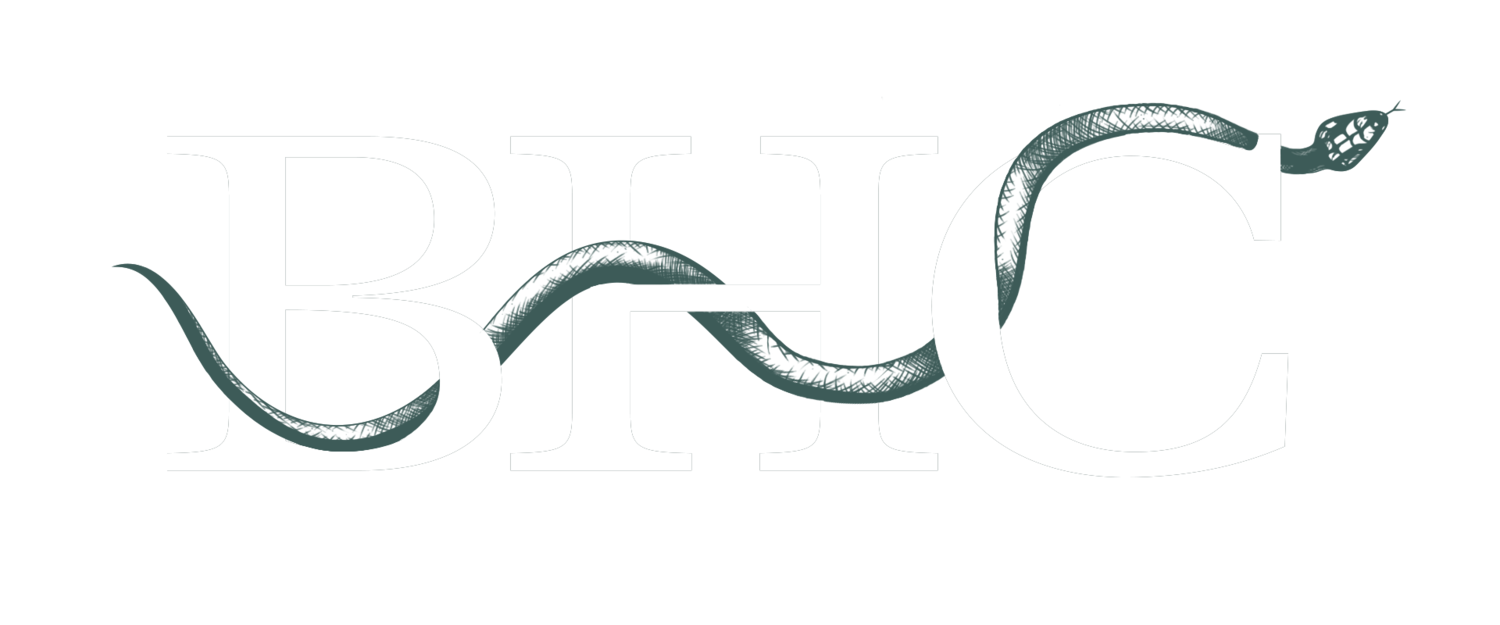3 travel trends for the coming years
The whole pandemic, is it a crisis or a rite of passage for the tourism industry? In Greek mythology, the main passages in the life-cycle were birth, initiation, marriage, and death. Today, although we are building a society with fresher views on subjects like marriage, the pulsation of the new; demands some cycles to come to an end. Tourism died as we knew it, let’s face the truth. So, what does its rebirth mean for travelers, brands, businesses, and nature?
Here are three of the most important trends for the future of travel and tourism.
Revenge spending: The biggest travel trend
It sounds counterintuitive and even irresponsible for the conservative mind but people all over the world are thirsty for traveling, defying any rule that might be presented to them by governments’ vaccine policies. Who are the winners? Countries like Mexico, Colombia, and Turkey (in spite of the current economic instability), are being chosen by remote workers and travelers who waited for more than two years to be free again.
There's a "new sense of urgency" to travel, said Stephanie Papaioannou, a vice president at the luxury travel company Abercrombie & Kent (CNBC, 2022). Travelers between the ages of 18 and 34 are the most likely to go big (80% compared to 56% of travelers over the age of 50), while Gen-X travelers are the most likely to splurge on a high-end restaurant (18% compared to 16% overall), as found by Expedia research.
Expect an economic boost sponsored by young travelers all over the world, especially during summertime.
Is it all about sustainable travel?
Not anymore. The newest buzzword? Sustainability is rapidly mutating towards Regenerative tourism. 91% of travelers wish to see brands “show by example” and demonstrate the actions they are taking to support the planet (Booking Research, 2022). More people are including in their wish lists sustainable hotels that are impacting significantly the environment and their community. The Hotel Fairmont Maldives is the pinnacle of a luxury long-haul getaway, with stunning over-water accommodation, tranquil beaches and incredible experiences, including the soon-to-launch Sustainability Lab, which will allow guests to transform plastic waste into bespoke gifts and souvenirs.
On the other hand, wellness travel is reaching record spending. People spend about $1.5 billion a year on consumer health and wellness products and services, and they plan to spend even more this year (McKinsey, 2022). The whole definition of wellness also broadens as lockdown measures took their toll on the population’s mental health. Wellness tourism’s annual growth rate is forecasted to grow from 2020–2025 at 21% (Global Wellness Economy, 2021).
The year of travel concierges
Another of our favorite travel trends of 2022. Did you notice the travel industry is full of new trendy and catchy words this year? Next in line: Bespoke Travel. Not only are journeys becoming increasingly privatized, but hotels are capitalizing on a heightened demand for exclusive-use destinations and luxury buyouts.
Another change inspired by lockdowns? Touch. Human connection is growing in importance for luxury consumers’ post-pandemic longings. The emphasis is on communicating with segmented groups and even on 1 on 1 with VIP customers. Tailor-made itineraries with exclusive services like private jets (although it’s not environmentally responsible for some), flexible cancellation policies, and access to remote areas will be on demand for the next two years.
The World Travel & Tourism Council (W.T.T.C.), which represents the global travel and tourism industry, projects that travel and tourism in the United States will reach pre-pandemic levels in 2022, contributing nearly $2 trillion to the U.S. economy (New York Times, 2022).
It will not be all about spending in services. 2022 is the year of going out there and having the most exciting and life changing experiences. How we relate today with life cycles and time changed in the past two years. As a global “aldea”, we are on the verge of a mental breakthrough that is already changing consumption habits, and that we need to keep under the radar. We got it. All can happen, now we are ready to embrace uncertainty.

